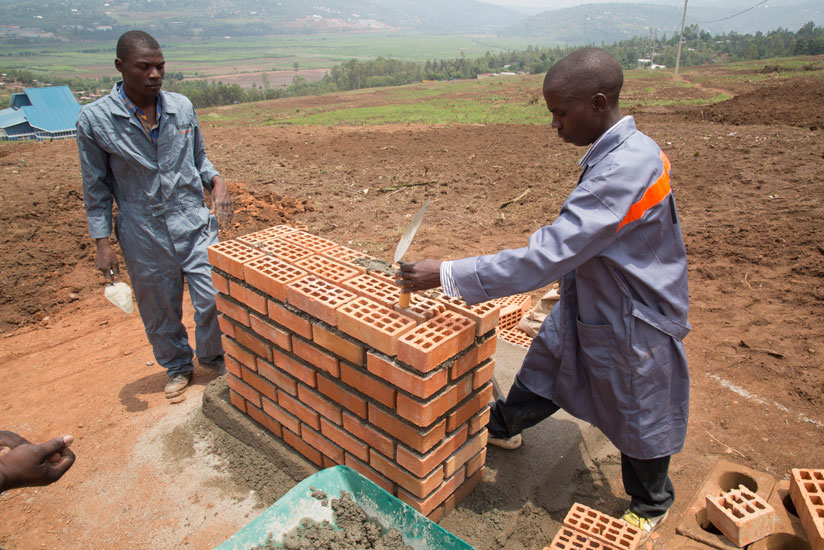
Labour Day: Rwanda pushes for minimum wage

Trade Unions have renewed their demand for the Rwandan government to set a new minimum wage matching current economic realities and protect vulnerable workers, according to local media.
Sticking with the same minimum wage that was set over three decades ago, various workers unions officials have declared the rate “unfair”.
The ILO Minimum Wage Fixing Convention of 1970 indicates that crucial elements to be considered while determining the level of minimum wage will include the needs of workers and their families, taking into account the general level of wages in the country, the cost of living, social security benefits, and the relative living standards of other social groups, state The New Times.
The report also highlights that economic factors, including the requirements of economic development, levels of productivity and the desirability of attaining and maintaining a high level of employment should be considered.
The current minimum wage is at Rwf100 ($0.12) per day, and was set in the 1980s.
Séraphin Gasore, the executive secretary of Rwanda Workers Trade Union Confederation (CESTRAR), said employees’ efforts and skills should be fairly rewarded to be able to cater for their families, own decent houses, educate their children and afford medical treatment among others.
“We have been asking one thing and this is setting the minimum wage. With the current high rate of unemployment, employees have no bargaining power over wages; they are at the mercy of employers. It is, therefore, the government’s responsibility to revise and set up the minimum wage which can motivate employees and encourage more productivity,” he added.
Gasore said that a fair minimum wage would not only benefit employees but would also be a way of creating more jobs.
He noted that research by the trade unions conducted in 2014 showed that the lowest paid employees in urban areas should earn Rwf127,000 ($153) per month while those in rural areas should earn at least Rwf87,000 ($105) per month.
Speaking to local media, yesterday, the Minister for Public Service and Labour, Judith Uwizeye, said works on setting a minimum wages were ongoing.






